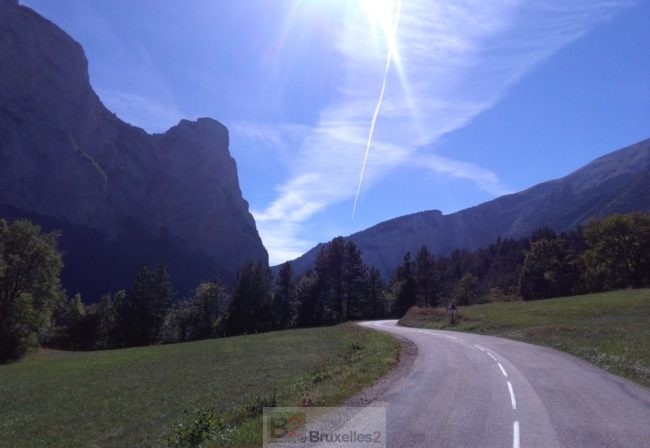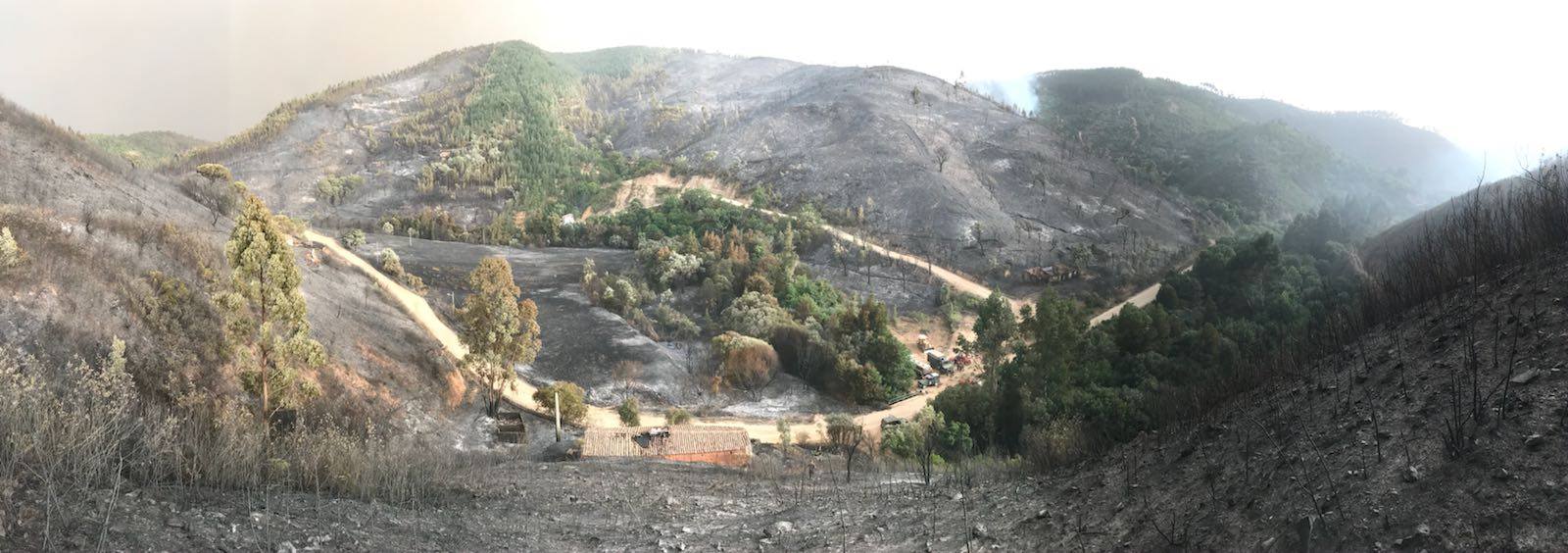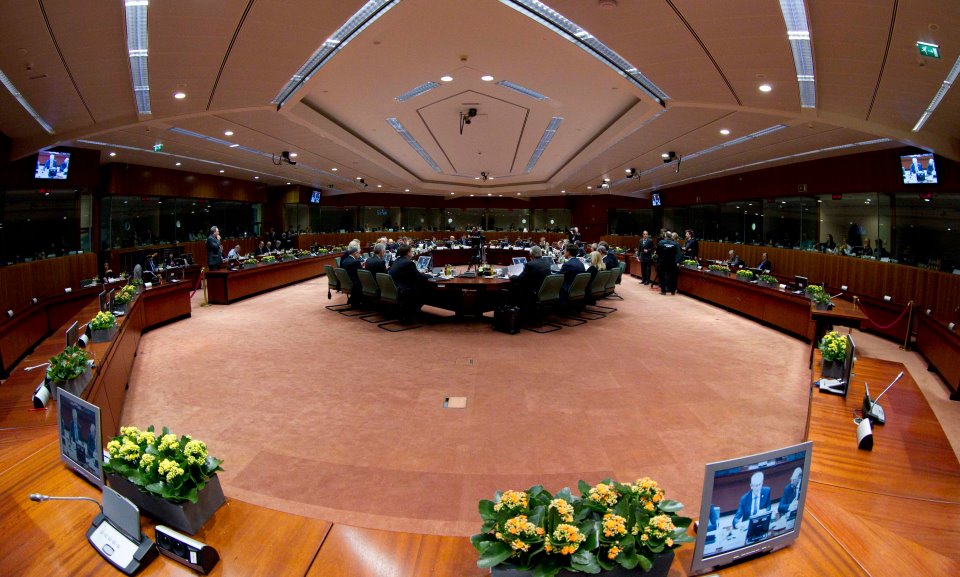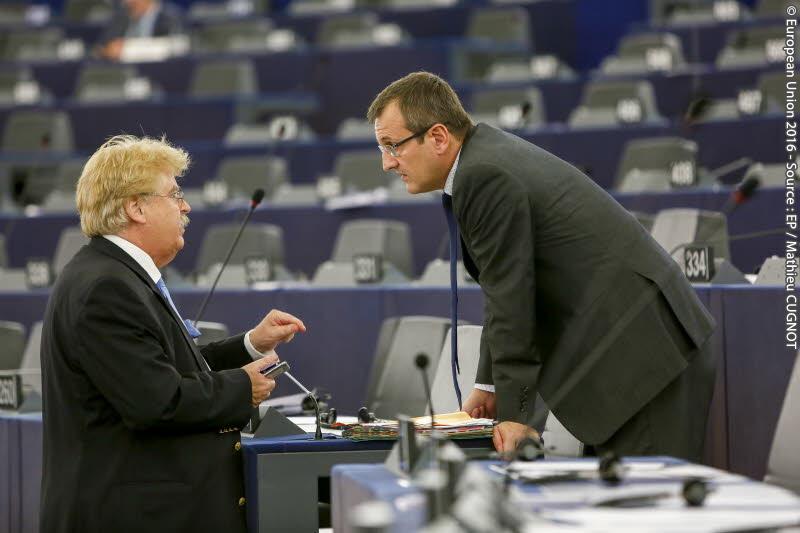The green lift (V2)
(B2) In a few weeks, the political panorama has changed. If the Eurosceptic forces remain very present, a new alternative force appears, more European: the Greens. At least in the zone of central Europe of Germanic inspiration.

We said them a few months ago in the depths of the rankings. Is it a sudden awareness of environmental issues, climate change, or the absence of an alternative in the traditional parties? Probably a bit of all of that. The Greens ensure a sharp rise in the countries of central and northern Europe.
Good scores in several countries
In Germany, during two emblematic regional elections, in Bavaria and Hesse, in Belgium, during the municipal elections, especially in Wallonia and Brussels, in Luxembourg, the Greens achieved significant scores, around 20%. A final poll in Germany for European women gives them an identical score in the elections, 4 points ahead of the SPD and the AFD placed neck and neck. That is about twenty seats (7 more than today).
Also in the Netherlands and Finland
In other countries, the Netherlands and Finland for example, good scores are expected. The Dutch GroenLinks thus reach 16% and (ie 9 points more than at the last European elections 6,98%) and the place of third party in the country. In Finland, the results are less clear but they sail between 12 and 13% (i.e. 3 or 4 points more than in the last elections, 9,3%), even if the party which was hot on the heels of the Kesk at the start of the year, the center party of Prime Minister Juha Sipilä, fell slightly (see here). Austria remains an exception in this concert with a green party that peaks at around 5%.
Latin weakness and French unknown
This rise remains sluggish or even non-existent in Latin countries. This somewhat tempers the possible enthusiasm. Very weak in Italy and Spain, the only hope of Ecologists lies in France. France remains a big unknown and a real challenge. The Greens remain, for the moment, below the score achieved in 2014 (8,95%), despite a slight rise since the summer (from 4% to 7%). A significant slack in a country which sends 79 deputies to the European Parliament (5 more than in the 2014 elections) and where the election is now done in a single constituency on national lists (therefore with a more efficient proportional system) .
An arbiter in Parliament?
This progress could cause a 'small' upheaval in the European Parliament. The Greens, who currently have 52 seats, could increase their score by around ten or fifteen seats (depending on forecasts). At the level of Parliament it is not a revolution. But that would bring them not far from the Liberals and would allow the EPP and S&D to consider an alternative to the Liberals and Democrats, if the latter prove to be too demanding to join the majority coalition.
Informal contacts EPP - Greens
According to our information, informal contacts have already taken place at the initiative of the EPP with the Greens. And the Greens do not rule out 'going up' in a coalition. An alternative EPP-Liberal-Greens majority (known as the 'Jamaican' * coalition) would not be possible — like what could happen in Germany if the SPD Social Democrats left the ruling coalition — but a trilateral EPP-S&D-Greens or a quadrilateral EPP-Liberal-S&D-Greens would become possible, mathematically as well as politically.
Comment: this rise weakens the dialectic put in place by both Emmanuel Macron and Viktor Orban of an opposition between the two camps: the 'progressives' and the 'sovereignists'. It illustrates that other paths are possible: alternatives (the Greens) or more traditional (Christian Democrats and Social Democrats). The latest polls suggest a trend towards a stabilization of the decline (even if it is very clear) of the two traditional parties, or even a slight rise for the latter in the countries which are traditionally loyal to them (north of Europe in particular).
(Nicolas Gros-Verheyde)
(*) Due to the Black-Yellow-Green colors which are found on the Jamaican flag and symbolize the colors of the CDU-CSU (Christian Democrat), the FDP (Liberal) and the Grünen (Greens).
In the series elections 2019, read also:
- Barnier as President of the European Commission ?
- What hides the candidacy of Manfred Weber to the Commission?
- President Macron, the SpitzenKandidat and the European Parliament
And see our file No. 67. European elections 2019
Version 2: clarifications made on the surveys in Finland and the Netherlands, addition of a paragraph on France


